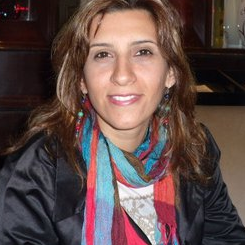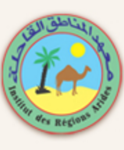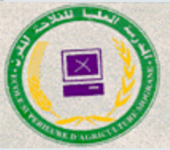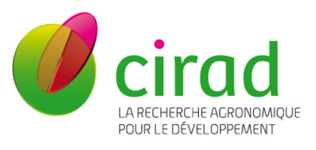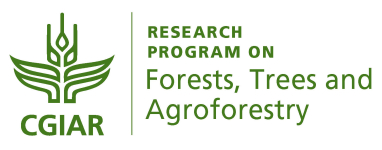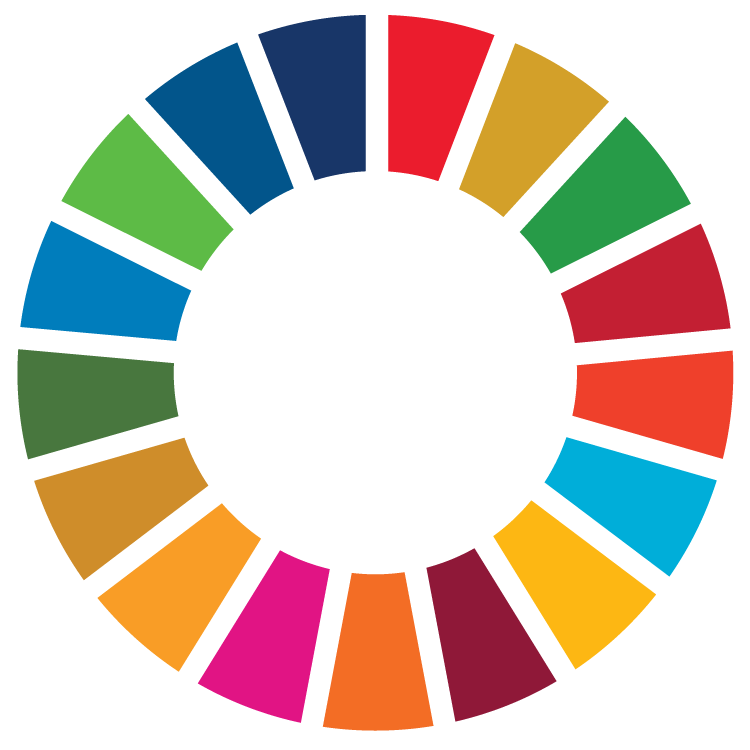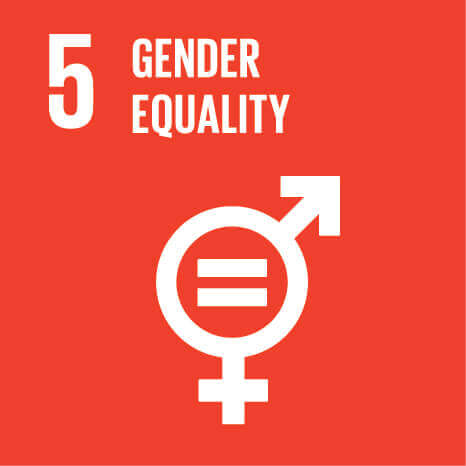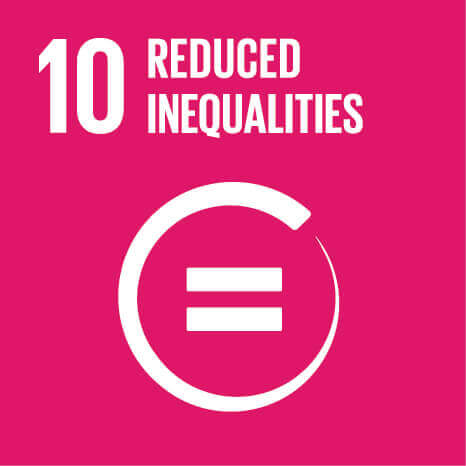In North Africa, livestock is the mainstay of production systems, which are often characterized as an integration of olive-cereals and livestock keeping. Livestock heavily shapes the cultural, social and economic pillars of these systems, located in all biogeographic areas spanning from the humid mountainous zones in the North to the oasis systems in the South, with multiple functionalities and services (meat and milk for food consumption and income generation, wool and skins, manure for soil preservation, recycling plant nutrients, wealth creation for social and economic investment, saving, etc.). Strengthening the interactions between the crop and livestock components is important for overcoming low productivity, drought, and other shocks (such as the current pandemic and political instability). Agro-ecological approaches that have been implemented in the region have so far been assessed from a biophysical viewpoint (e.g., percent of reduction in carbon, impact on yield, water cycle, etc.). However, the labor implications and considerations for gender equity from related benefits remain missing. These considerations are important as a balance should be achieved among ecological, economic and social benefits. Due to women’s heavy workloads, the introduction of any new practice should be assessed with considerations for at least not increasing their drudgery.


